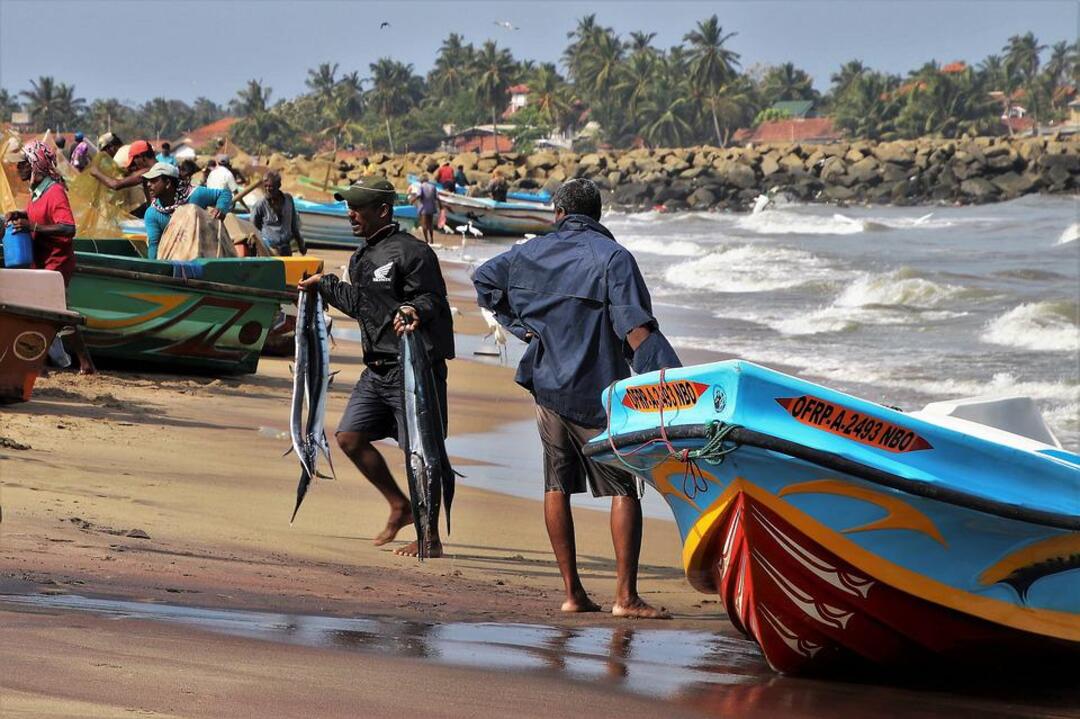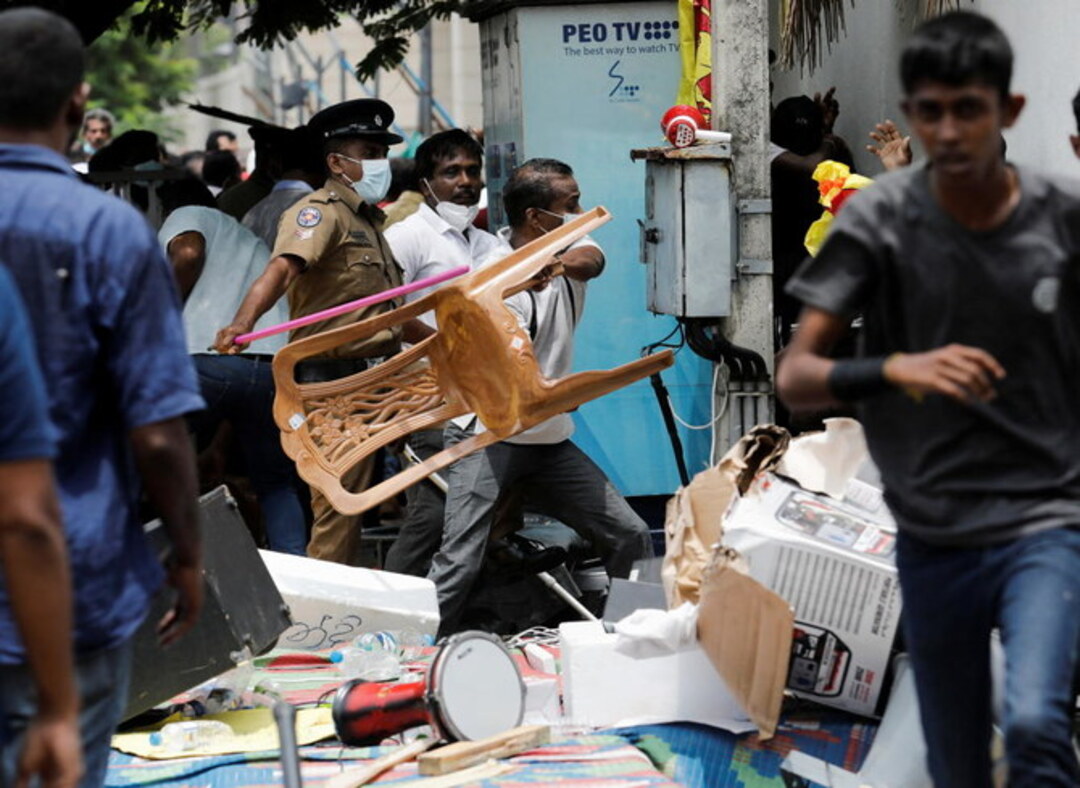-
World Bank refuses new funding for Sri Lanka unless it implements 'deep structural reforms'

The World Bank said Friday (July 29) that it would not offer new funding to Sri Lanka unless the bankrupt island nation carried out “deep structural reforms” to stabilize its crashing economy, the Alarabiya English reported, citing the AFP.
It said, Sri Lanka has suffered an unprecedented downturn with its 22 million people enduring months of food and fuel shortages, rolling blackouts and rampant inflation.
The South Asian nation defaulted on its $51-billion foreign debt in April and huge protests earlier this month forced then president Gotabaya Rajapaksa to flee the country and resign.
The World Bank said it was concerned about the impact of the crisis on Sri Lanka’s people but was not ready to give funds until the government had bedded down necessary reforms.
The lender said in a statement: “Until an adequate macroeconomic policy framework is in place, the World Bank does not plan to offer new financing to Sri Lanka.”

“This requires deep structural reforms that focus on economic stabilization, and also on addressing the root structural causes that created this crisis.”
The World Bank said it had already diverted $160 million from existing loans to finance urgently needed medicines, cooking gas and school meals.
Sri Lanka declares state of emergency ahead of vote for new president
Sri Lanka is currently in bailout talks with the International Monetary Fund but officials say the process could take months.
The island nation has run out of foreign exchange to finance even the most essential imports, and chronic shortages have inflamed public anger.
Motorists stay in long queues for days to get rationed petrol and government officials have been told to work from home to reduce commuting and save fuel.
Sri Lanka's parliament to elect new president on July 20
The UN World Food Programme estimates the crisis has forced five out of every six Sri Lankan families to buy lower-quality food, eat less or in some cases skip meals altogether.
The crisis came to a head on July 9, when tens of thousands of protesters stormed Rajapaksa’s residence, forcing the president to flee to Singapore and resign.
His successor, Ranil Wickremesinghe, has declared a state of emergency and vowed a tough line against “trouble-makers,” with several activists who helped lead the mass demonstrations arrested this week.
Source: alarabiyaenglish
You May Also Like
Popular Posts
Caricature
BENEFIT Sponsors BuildHer...
- April 23, 2025
BENEFIT, the Kingdom’s innovator and leading company in Fintech and electronic financial transactions service, has sponsored the BuildHer CityHack 2025 Hackathon, a two-day event spearheaded by the College of Engineering and Technology at the Royal University for Women (RUW).
Aimed at secondary school students, the event brought together a distinguished group of academic professionals and technology experts to mentor and inspire young participants.
More than 100 high school students from across the Kingdom of Bahrain took part in the hackathon, which featured an intensive programme of training workshops and hands-on sessions. These activities were tailored to enhance participants’ critical thinking, collaborative problem-solving, and team-building capabilities, while also encouraging the development of practical and sustainable solutions to contemporary challenges using modern technological tools.
BENEFIT’s Chief Executive Mr. Abdulwahed AlJanahi, commented: “Our support for this educational hackathon reflects our long-term strategic vision to nurture the talents of emerging national youth and empower the next generation of accomplished female leaders in technology. By fostering creativity and innovation, we aim to contribute meaningfully to Bahrain’s comprehensive development goals and align with the aspirations outlined in the Kingdom’s Vision 2030—an ambition in which BENEFIT plays a central role.”
Professor Riyadh Yousif Hamzah, President of the Royal University for Women, commented: “This initiative reflects our commitment to advancing women in STEM fields. We're cultivating a generation of creative, solution-driven female leaders who will drive national development. Our partnership with BENEFIT exemplifies the powerful synergy between academia and private sector in supporting educational innovation.”
Hanan Abdulla Hasan, Senior Manager, PR & Communication at BENEFIT, said: “We are honoured to collaborate with RUW in supporting this remarkable technology-focused event. It highlights our commitment to social responsibility, and our ongoing efforts to enhance the digital and innovation capabilities of young Bahraini women and foster their ability to harness technological tools in the service of a smarter, more sustainable future.”
For his part, Dr. Humam ElAgha, Acting Dean of the College of Engineering and Technology at the University, said: “BuildHer CityHack 2025 embodies our hands-on approach to education. By tackling real-world problems through creative thinking and sustainable solutions, we're preparing women to thrive in the knowledge economy – a cornerstone of the University's vision.”
opinion
Report
ads
Newsletter
Subscribe to our mailing list to get the new updates!






















